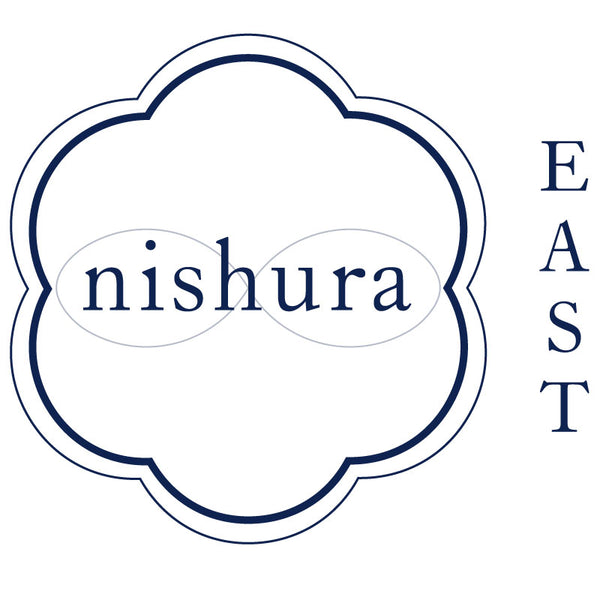Sometimes I am amazed at the sheer number of ready-made meals in London’s supermarkets. There is nothing like this kind of variety of ready-to-eat food in Japan, but instead of that there is much much more variety of vegetables and fish out there.
Famously Tesco had to close all its stores in Japan in 2012, as they could not meet Japanese customers’ demands. Japanese people do their food shopping almost every day, so they can have freshly cooked meals, and not have to keep food in the refrigerator or stock up on frozen food. With Tesco’s kind of marketing, such as ‘buy one, get one free’, or their variety of frozen ready-to-eat food, the company was not really focusing on fresh or seasonal food. It simply did not work in Japan. I have to admit that it is not very easy to cook delicious, well-balanced food everyday. However, I still like to cook with a range of ingredients, and not just prick holes with a fork in a plastic lid.
I live near Portobello Market in London, and enjoying vegetable and fruit shopping there. The stall holders there are sometimes great cooks, and have given me delicious and simple recipies. The market can be an inspiration for a cook like me, in a way that supermarkets never could.
Back to my Japanese diet. I grew up eating a traditional Japanese breakfast, including rice, miso soup, grilled sundried horse mackerel (which has to be split in butterfly fashion like kipper), Japanese omelette and pickles. It sounds very time consuming, and yes, it is much more work than cereal and a cup of coffee. However, the majority of Japanese families have a good rice cooker with a timer, so rice can be cooked nicely in the morning automatically. Also most of Japanese cookers have a special grill space for fish! Sun-dried fish has much more protein than fresh fish, and fish oil can decrease chloesterol. And it’s quick to prepare in the morning. As you can imagine, I was very happy to have kippers for breakfast in Scotland, when I stayed there!
Miso soup is also a very important item for Japanese breakfast. It is becoming recognisable in the UK slowly. Miso is a staple in any Japanese diet. Made from soybeans, sea salt and koji – a Japanese fermenting agent – it’s a rich source of protein and vitamin B, helping to stimulate digestion and energise the body for a beautiful complexion. Miso soup needs some Japanese fish stock, called dashi, as well as seasonal vegetables with miso paste. For an extra boost, I often put a variety of seaweeds, which are also rich in minerals as well as being low in calories.
( photo_ Sansou warabino)
Japanese breakfast sounds heavy for some people, but I believe that a good balanced breakfast can give us energy to start the day, and as a food lover I cannot wake up properly without a good solid breakfast. Well, it is not necessary to have this kind of breakfast everyday, but it might be interesting to have an oriental Japanese breakfast during a weekend sometimes. It is healthy, well-balanced and delicious!

